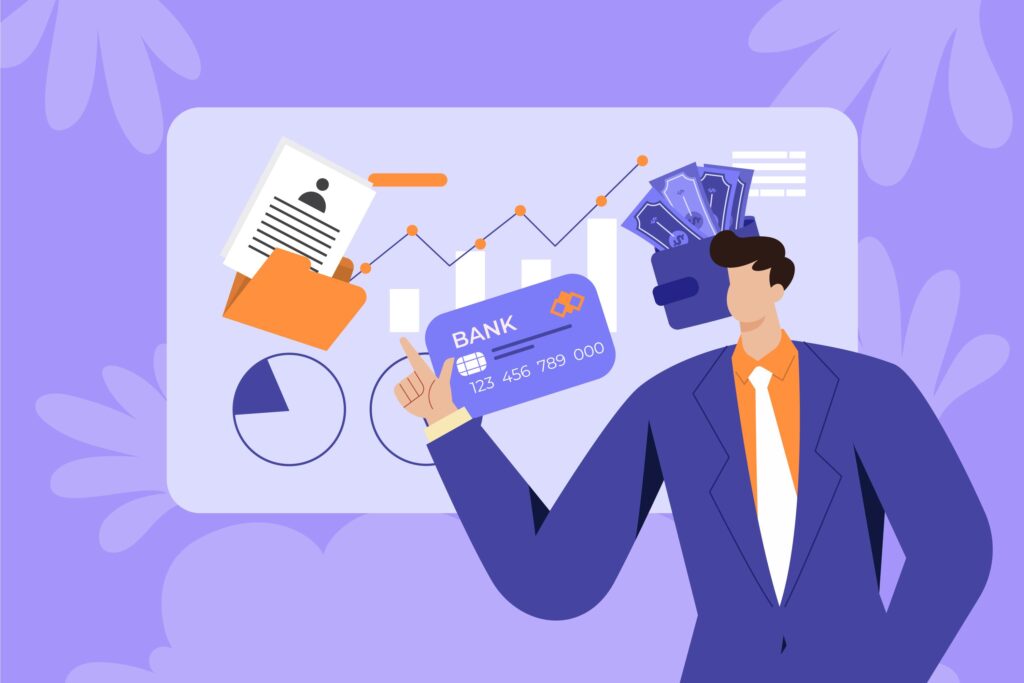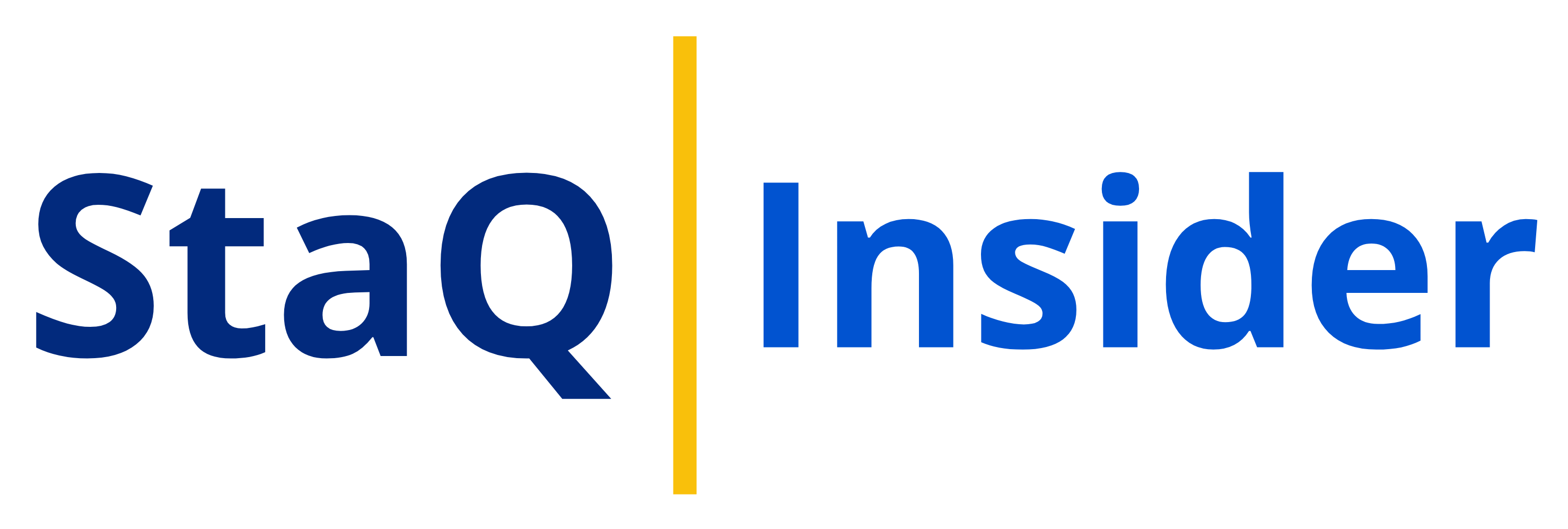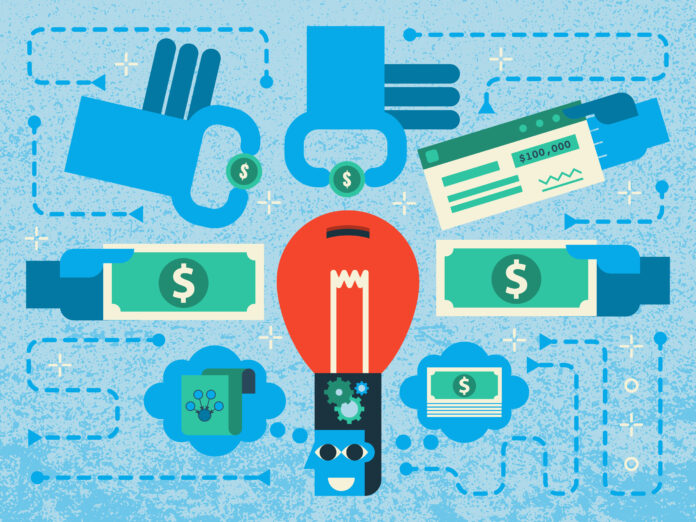In the age of digital transformation, every aspect of business operations is under scrutiny for optimization. Cash flow, the lifeblood of any company, demands particular attention. Gone are the days of paper invoices and manual reconciliation. Businesses of all sizes are turning to payment management software to streamline their financial processes and gain a competitive edge. Here, we explore the top 10 contenders in the payment management software arena, evaluating their strengths, weaknesses, and suitability for different business needs.
What is Payment Management?
Payment management is the process of managing payments and payment data between a company and its vendors or customers. It involves handling customer invoices, processing payments, and reconciling bank statements, as well as keeping track of payment history and managing refunds and chargebacks.
The goal of payment management is to ensure that all payments are processed accurately and on time, which can be a complex process, especially for businesses with numerous vendors or customers.
What are the Different Types of Payment Management?
The different types of payment management include:
- Accounts Payable: Managing and paying invoices from suppliers.
- Accounts Receivable: Managing and collecting payments from customers.
- Treasury Management: Managing an organization’s cash flow and liquidity.
- Risk Management: Identifying, assessing, and mitigating risks associated with payments.
These types encompass various aspects of handling payments and invoices between a company and its vendors or customers, each serving a specific function in the payment management process.
How Does Payment Management Software Simplify Payment Processes?
Payment management software is a comprehensive solution designed to streamline and automate various aspects of a business’s payment processes. It acts as a centralized platform for handling tasks such as invoicing, payment collection, reconciliation, and reporting.
Payment management software simplifies payment processes in several ways:
- Automated invoicing and recurring billing.
- Supporting multiple payment methods like credit cards, EFTs, digital wallets, and cryptocurrencies.
- Seamless integration with accounting, CRM, and other business apps.
- Real-time payment tracking, account reconciliation, and detailed reporting.
- Automatic payment reminders and follow-ups.
- Robust security features like encryption, fraud detection, and regulatory compliance.
- Comprehensive reporting and analytics for data-driven decision-making.
- Reduced manual effort and errors through automation.
- Streamlined vendor relationships and on-time payments.
- Optimized cash flow management through timely collections.
By leveraging these capabilities, payment management software can significantly simplify payment processes for businesses.

10 Best Payment Processing Software Systems for Businesses in 2024
Choosing the right payment processing software is crucial for any business. Here’s a list of 15 popular options, along with a brief overview of each:
-
Square (Free + Paid)
- Product Brief: Square offers point-of-sale (POS) systems and payment processing for in-person and online transactions.
- Homepage: https://squareup.com/us/en
- Pricing: Free basic plan with transaction fees, paid plans with additional features.
- Features: POS system, inventory management, invoicing, customer relationship management (CRM).
- Pros: Easy to set up, user-friendly interface, ideal for brick-and-mortar stores.
- Cons: Limited customization options, higher transaction fees compared to some competitors.
-
Stripe (Paid)
- Product Brief: Stripe provides a robust payment processing API for developers to integrate into their applications.
- Homepage: https://stripe.com/
- Pricing: Custom pricing based on transaction volume.
- Features: Secure payments, recurring billing, fraud prevention, international payments.
- Pros: Highly customizable, scalable solution for businesses of all sizes, excellent developer tools.
- Cons: Not as user-friendly for non-technical users, requires coding knowledge for integration.
-
PayPal (Free + Paid)
- Product Brief: PayPal is a widely recognized online payment platform for sending and receiving money.
- Homepage: https://www.paypal.com/
- Pricing: Free personal accounts, transaction fees for business accounts.
- Features: Secure payments, invoicing, buyer and seller protection, international payments.
- Pros: Easy to use, widely accepted by customers, good for freelancers and online businesses.
- Cons: Higher transaction fees than some competitors, limited customization options.
-
Shopify Payments (Included with Shopify)
- Product Brief: Shopify Payments is a built-in payment processing solution for Shopify ecommerce stores.
- Homepage: https://www.shopify.com/
- Pricing: Included with Shopify monthly plans, transaction fees apply.
- Features: Seamless integration with Shopify, fraud prevention, recurring billing, international payments.
- Pros: Convenient for Shopify users, eliminates the need for a separate payment processor.
- Cons: Limited to Shopify platform, may not be suitable for businesses outside of ecommerce.
-
Authorize.net (Paid)
- Product Brief: Authorize.net provides payment gateway services for businesses to accept online payments.
- Homepage: https://www.authorize.net/
- Pricing: Tiered pricing based on transaction volume.
- Features: Secure payments, recurring billing, fraud prevention, advanced reporting.
- Pros: Strong security features, good for businesses with high-risk transactions.
- Cons: Can be complex to set up, higher pricing compared to some competitors.
-
Helcim (Paid)
- Product Brief: Helcim offers omnichannel payment processing solutions for businesses of all sizes.
- Homepage: https://www.helcim.com/
- Pricing: Custom pricing based on transaction volume and features needed.
- Features: POS systems, mobile payments, recurring billing, international payments, virtual terminals.
- Pros: Competitive rates for high-volume businesses, good all-in-one solution.
- Cons: Limited information on pricing plans, may not be suitable for smaller businesses.
-
Adyen (Paid)
- Focus: Global omnichannel payment processing (accepts payments online, mobile, in-store).
- Homepage: https://www.adyen.com/
- Pricing:
- Features: Robust security, fraud prevention, data insights, platform integrations for marketplaces, extensive payment method support (including local methods globally).
- Pros: Ideal for large businesses with complex payment needs, international reach, good fit for platforms and marketplaces.
- Cons: Can be complex for smaller businesses, potentially higher pricing compared to some competitors.
-
Payline Data (Paid)
- Focus: Payment processing solutions for various industries, including healthcare, restaurant, and B2B.
- Homepage: https://paylinedata.com/
- Pricing: Contact Payline Data for a quote.
- Features: POS systems, integrated payments, data security, reporting tools, industry-specific features.
- Pros: Tailored solutions for specific industries, good for businesses with specialized needs.
- Cons: Limited information online, requires contacting Payline for details, potentially higher fees for niche industries.
-
Chargebee (Paid)
- Focus: Subscription billing management, recurring payments, and revenue retention.
- Homepage: https://www.chargebee.com/
- Pricing: Tiered plans based on monthly recurring revenue (MRR).
- Features: Automated billing, dunning management, payment retries, customer self-service portal, subscription analytics.
- Pros: Ideal for subscription-based businesses, simplifies recurring billing and revenue management.
- Cons: Not a full payment processor, integrates with existing payment gateways (like Stripe or Adyen) for actual payment processing.
-
Zoho Checkout (Part of Zoho Suite, Paid)
- Focus: Payment processing integrated with Zoho CRM, Inventory, and other Zoho applications.
- Homepage: https://www.zoho.com/checkout/
- Pricing: Transaction fees (vary based on plan). Integrates with Zoho Subscriptions which has tiered pricing.
- Features: Secure payments, recurring billing, invoicing, payment reminders, integrates with other Zoho apps.
- Pros: Convenient for existing Zoho users, streamlines workflows within the Zoho ecosystem.
- Cons: Limited features compared to some standalone payment processors, may not be suitable for businesses not using other Zoho applications.
Disclaimer: The information provided is for informational purposes only and should not be considered financial advice. Always conduct your own research and compare features, pricing, and customer reviews before making a decision for your business.
StaQ.ai can help you find the finest payment management software based on your specific needs and requirements!

What to Look For in a Payment Management Software?
When choosing payment management software for your business, consider these key factors to ensure you find the best fit:
-
Features and Functionality:
- Payment Processing: What types of payments does it accept (credit cards, debit cards, ACH, mobile wallets, etc.)? Does it support international payments and multiple currencies if needed?
- Invoice Management: Can you create and send invoices electronically? Does it offer recurring billing options for subscriptions? Discover SaaS Pricing Models.
- Security: Does it comply with industry security standards (PCI DSS)? Does it offer fraud prevention tools?
- Reporting and Analytics: Can you track your transaction history and generate reports? Does it provide insights into customer spending habits?
- Integrations: Does it integrate with your existing accounting software, CRM, or other business tools?
-
Pricing:
- Transaction Fees: Understand the fee structure, including per-transaction fees, monthly fees, and any additional charges.
- Pricing Plans: Some offer tiered plans based on transaction volume, while others have a flat monthly fee. Choose a plan that aligns with your business needs and budget.
-
Business Needs:
- Industry: Some solutions cater to specific industries, like healthcare or restaurants. Consider if specialized features are needed.
- Business Size: Larger businesses might require more robust features and security compared to smaller businesses.
- Transaction Volume: Pricing often scales with transaction volume. Choose a solution that can handle your current and projected volume.
-
Ease of Use:
- User Interface: Consider how user-friendly the software is for you and your staff.
- Technical Expertise: Do you need a developer-friendly solution, or is a more user-friendly option sufficient?
-
Customer Support:
- Availability: Does the provider offer reliable customer support channels (phone, email, live chat)?
- Reputation: Research customer reviews to understand the quality of their support.
Additional Considerations:
- Payment Gateway vs. Merchant Account: Understand the difference. A payment gateway processes payments, while a merchant account holds the funds. You may need both from separate providers.
- Contract Terms: Review the contract terms carefully, including termination clauses and early exit fees.
- Free Trial: Look for software that offers a free trial so you can test it before you buy it.
By carefully considering these factors, you can choose payment management software that streamlines your payment processing, improves security, and helps you manage your finances effectively.
Read to learn more on Buying Software: Essential Tips for Evaluating and Selecting Software
Frequently Asked Questions
-
What is payment management software?
Payment management software is a tool that helps businesses process and manage various types of payments, including credit/debit card transactions, electronic fund transfers, and recurring billing.
-
What are the benefits of using payment management software?
Benefits include streamlined payment processing, improved cash flow, enhanced security and fraud protection, better customer experience, and detailed reporting and analytics.
-
How does payment management software work?
It typically integrates with a merchant account and payment gateway to securely process payments from various channels (online, in-person, mobile). It also provides tools for invoicing, subscription management, and reconciliation.
-
Is payment management software secure?
Yes, reputable payment management software solutions use advanced security measures like data encryption, tokenization, and fraud detection to protect sensitive payment data and comply with industry standards like PCI DSS.
-
Can payment management software integrate with my existing systems?
Many payment management solutions offer integration capabilities with popular e-commerce platforms, accounting software, CRM systems, and other business tools through APIs or pre-built connectors.
-
What types of payments can be processed with payment management software?
Common payment types include credit/debit cards, digital wallets (e.g., PayPal, Apple Pay), ACH/bank transfers, and alternative payment methods like Buy Now, Pay Later (BNPL).
-
How much does payment management software cost?
Pricing models vary, but common options include flat-rate pricing (e.g., 2.9% + $0.30 per transaction), monthly subscription fees, or a combination of both. Some solutions offer customized pricing based on business needs.
-
Can payment management software handle recurring billing and subscriptions?
Yes, most payment management solutions offer features for setting up and managing recurring billing, subscription plans, and automated payment schedules.
-
What reporting and analytics are available with payment management software?
Typically, you can access reports on transaction history, sales data, customer information, and payment trends. Some solutions also provide advanced analytics and insights.
-
How difficult is it to set up and use payment management software?
Many modern payment management solutions are designed for ease of use, with straightforward setup processes, intuitive interfaces, and robust documentation and support resources.




